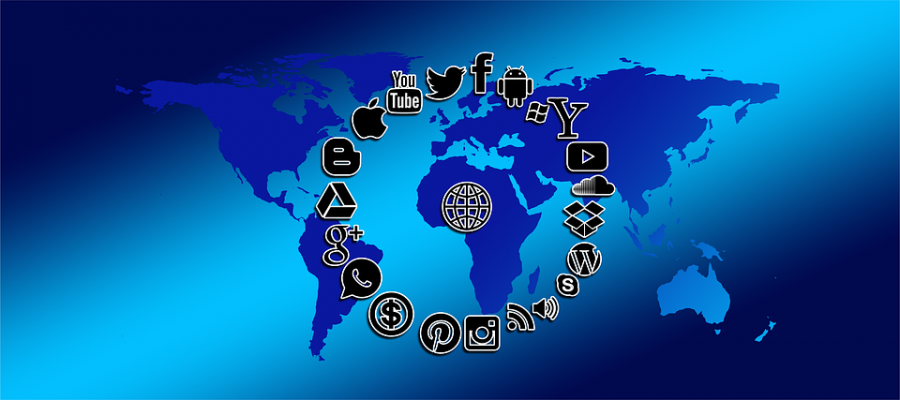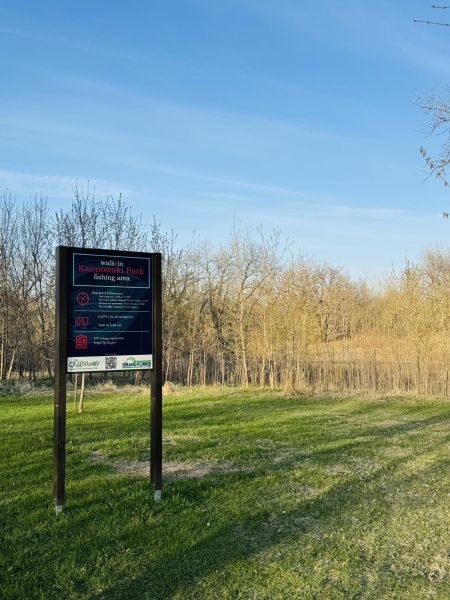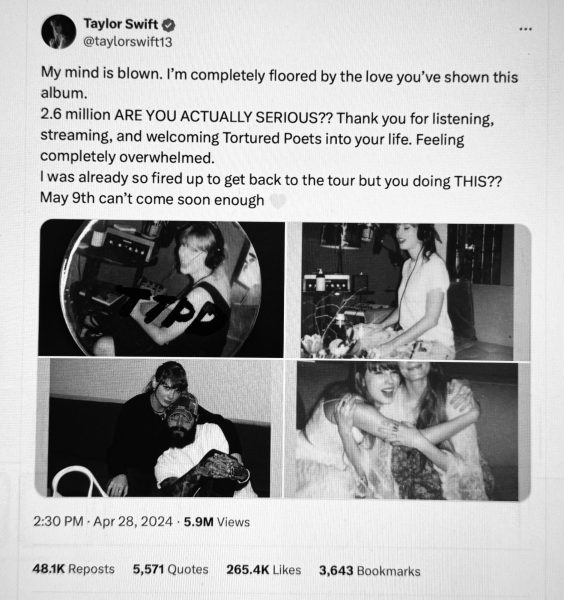Social “ME”dia: politics and the power of empathy
Article by Cody Dietz, a contributing writer
It’s that time of year again: the latest election cycle is running through the air and wire and screen, etc., ad nauseum. Something has changed, though—where you once debated this candidate v. that candidate over the kitchen table with family and friends, much of that discussion seems to now happen over social media. Through the magic of Facebook or Twitter, you can engage with huge numbers of people at once. You find that you have a philosophical ally in that odd acquaintance, or that a family member approaches an issue in a way radically different than your own. It’s all a giant echo chamber and people are more than happy to sound off.
This phenomenon is nothing new, and certainly has its pleasures. It’s stimulating to receive such varied feedback instantly, and incredibly easy to go back and forth with several folks, detailing the finer points of a particular policy or political figure (though to be fair, the level of sophistication is hit or miss). But this social media debate stage also has its drawbacks. Just like their in-person counterparts, these online debates can become heated.
This comes as no surprise: where we stand politically has everything to do with who we are and what we believe at our cores–how we see the world at a fundamental level. And indeed, it is the most polarizing issues that draw people in, that get them engaged. It is in these issues that people feel they have something at stake. So naturally, the debates can become less than civil, and people can get pretty damn worked up; feelings get hurt, friendships (however real or digital they are to begin with) fracture, and no one really changes their mind about anything. No winners are declared — no glove raised up in victory. At best, the major parties feel they come away having said their piece and not feeling too hurt. At worst, people cut their ties with others due to apparently irreconcilable differences.
Frankly, it’s no wonder these discussions devolve into emotional debates. After all, we’re breaking one of the cardinal rules of polite conversation: politics and religion are not to be broached. Our grandmothers might have been onto something there— avoiding those topics keeps the peace. But shouldn’t we be able to discuss those things that matter most to us without banging our chests and digitally shouting at one another? Shouldn’t we be able to have interesting conversations— and disagree—while keeping the peace? I think it’s critically important that we do. Traditional conversation etiquette hasn’t quite translated to comment section of Facebook, and it’s imperative that we devise new ways to engage with one another and maintain our friendships.
I propose we cultivate a level of metacognition; we need to think about our thinking, and understand that the kind of debate we engage in online rarely leads anywhere, and that it’s OK if someone disagrees with us. In fact, we should be most interested in those areas where we find disagreement, and rejoice when we encounter intelligent opposition. Those are the points where we learn the most about ourselves, where we see our positions defamiliarized and made strange-looking and new. And while our politics may be built from our core beliefs about the world, and be inextricably connected with who we are, I think we must challenge ourselves to see beyond our political differences and look towards what we aim to accomplish–what we think is important.
For example, I found myself in a recent debate on gun legislation (stemming from the tragic shooting at Pulse in Oralando). I attempted to make the case that it was philosophically problematic to disarm civilians out of fear, and my colleagues urged that stricter gun laws were necessary and would help quell the fatal outbursts that seem to be on the rise. This debate went on for some time, and I came to see my colleagues and reactionary and arguing for an unnecessary in state control, and I’m sure they came to see me as stubborn and insensitive. While we certainly were not happy with the other, there was a settling down where we seemed able to separate the person from their views, and we realized that we wanted the same thing: fewer tragedies, fewer deaths by gun violence–but that we disagreed fundamentally on how to go about doing that.
Even when debates become emotionally-charged, it’s crucial to continually try to take that step back and remember that for the most part, we all want the same things. We want peace; we want people to live happy, fulfilling lives; we want everyone to get a fair shake. When we realize that we so often want the same things, the rest of the debate becomes pragmatic: what’s the best way to get there?
And even when we disagree vehemently, we should strive to treat each other like rational human beings, not caricatures of our political or philosophical opposition. With a little more respect leveled across the board, especially on social media where such civility is not required (and indeed—often hard to come by), we might actually hear one another better, keep our friends, and perhaps value more those who see the world different from us.







